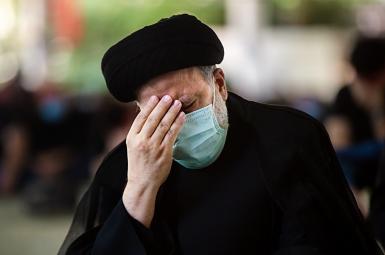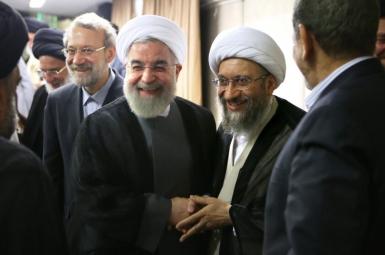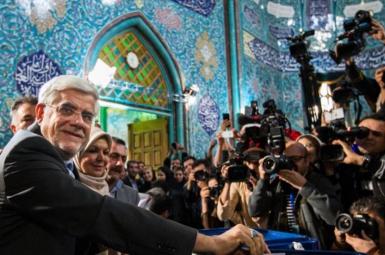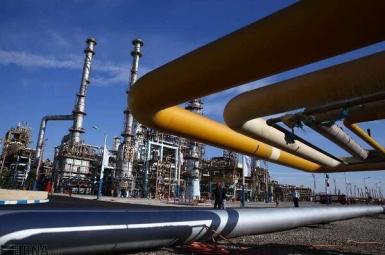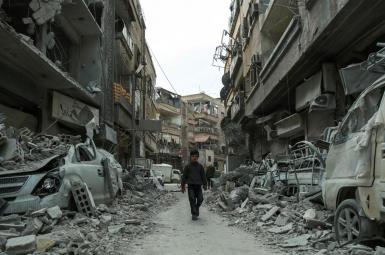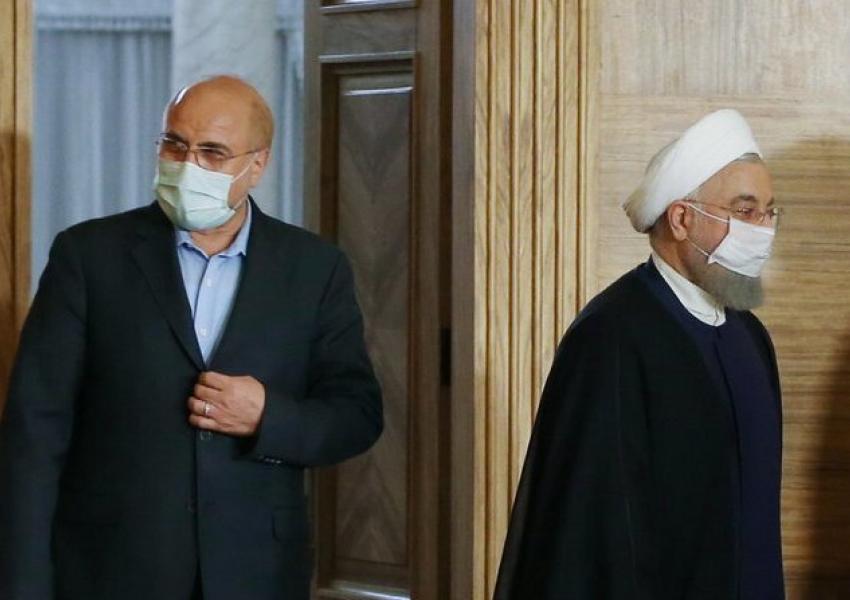
Parliament Speaker Ghalibaf Demands Changes In Iran’s Budget Process
Iran International
Mohammad Bagher Ghalibaf (Qalibaf), Iran’s Parliamentary Speaker, has written to President Hassan Rouhani demanding structural changes to the annual budget before Rouhani submits his draft bill to the Majles in December.
Mohsen Zanganeh, head of a parliament committee looking into budgetary reform, told the conservative website Alef in Tehran on Monday [October 12] that Ghalibaf had warned the Majles would take action if the president failed to make the requested changes.
Ghalibaf’s move is unprecedented as the parliament usually waits for the president to present a draft budget before discussing or amending its content. According to an analysis in the Mehr news agency, the Majles wants to improve long-standing problems in Iran’s budgetary system including a lack of sustainable revenue and poor financial discipline.
Zanganeh, who is also a member of the Majles Planning and Budget Committee, told Alef that the budget process should involve greater transparency to control corruption, identify sustainable government income, and reduce the government’s role in mining and industry though privatization.
Zanganeh said the need for budgetary reform was “nothing to do with” draconian United States sanctions introduced since 2018. “We have been facing the same problems for four decades now,” he said. “We have not been able to tackle many economic problems because of problems in our budgeting system… Unfortunately, our statesmen have never taken structural reforms seriously as they have been using oil revenues all the time.”
However, given Rouhani will step down in June after two terms as president, any changes might have more effect on the subsequent administration. While ‘principlists’ like Ghalibaf blame shortcomings on the incompetence of Rouhani and his ministers, whatever administration emerges from June’s presidential election, when Ghalibaf may stand, will face continuing fiscal problems.
Hadi Sobhanian, a professor of economics at Kharazmi University, told Alef that Iranian economists concurred that the main challenges facing the Iranian economy resulted from dependence on oil revenue. Sobhanian said that Iranian governments had resorted to using – either for current spending or to support the rial - both foreign currency reserves held in the National Development Fund and resources at the Central Bank. “Even sanctions did not make our statesmen think about solving this problem,” he argued.
Both Zanganeh and Sobhanian stressed the importance of raising tax yields without necessarily raising taxes. Sobhanian stressed combating tax evasion. Zanganeh explained that the authorities should prioritize collecting more income tax rather than impose new taxes on capital gains. Both criticized the Rouhani administration for trying to privatize assets – other than mining and industry - instead of making government bodies more productive and profitable.

